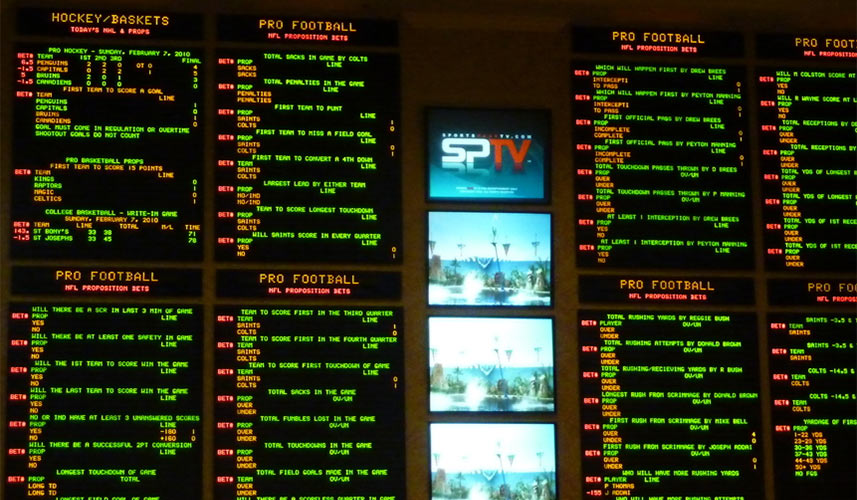Counting Your Outs In Texas Hold’em

One of the most important skills a poker player can have is the ability to quickly calculate the outs. It affects everything you do in a hand and being able to count them up quickly will make a bad poker player good and a good poker player better. It will seem complicated at first and takes a lot of practice to get counting your outs down to just second nature but it is well worth your time as it pays immediate dividends.
What are outs?
Every hand is different in Texas Hold’em and your best-case scenario will always be to put your money in the pot with the best hand. Of course, this just isn’t realistic, though. More often than you probably like or are comfortable with, you are going to have to put your money in the pot with a weak hand from time to time. In these circumstances, the theory goes that you will be able to make a hand on a later street which is better than any of your opponents. The cards that could give you that winning hand are called “outs” or “out cards.”
Before you can begin to calculate your hand’s odds you need to know those outs. Any card or cards that will make your hand work is considered an out. For example, if you are on a flush draw with four clubs in your hand, then there will be nine clubs, the outs, remaining in the deck to give you a flush.
Calculating outs will never be exact, but these are odds we are talking about here and all you are trying to do is gage the number of outs in the deck. Much like counting cards in blackjack (don’t worry, it isn’t that difficult), you are trying to calculate if you have a chance to get your hand made. In order to do this, you must consider the cards in your hand, on the table, in the deck, and in your opponent’s hand.
Put Your Opponent on Range
Since your opponent will do his best to not show you his hand, you must attempt to “put him on range.” This is nothing more than assigning your opponent a range of hands he may be holding. As the hand plays on, you can narrow that range down as cards come out and wagers are made.
For instance, preflop, your opponent will have an enormous range but post flop, you’ll be able to narrow his range. Then, based on his wagers, you can eliminate more. The more bets and cards that come out, the more narrow your opponents range. You are not trying to guess what is in his hand exactly, you want to figure out what he doesn’t have, and if it will help you. Once you have his approximate range, it becomes that much easier to figure your outs for the turn or the river.
Half Outs
Again, calculating these outs is not an exact science and sometimes a card you think is an out will not help you at all. These are considered “half outs” and can cause you some problems. This usually happens when a card which will give you an out, also gives your opponent an out. Of instance, an out card which would give you a straight is the same card which will give your opponent a flush. This is a half out and you can use them to calculate your total outs, but beware, the odds you are calculating are not as strong as you think so adjust your numbers accordingly.
Hidden Outs
Much like half outs, hidden outs come into play due to your opponent’s hand. They are called hidden outs because they may not immediately help your hand but they may actually hurt your opponent’s hand, which is always a good thing. You can not try to calculate these types of outs However, they are always nice to find.
When you are learning any new skill, especially in Texas Hold’em, it requires a ton of practice. You have to sit in on many hands and pots to see as many types of hands as you can. It’s this real-world experience and expertise you need to develop the quick twitch calculations outs require. It should become as easy as looking at your cards when they are dealt or throwing in your first raise.
It is a must to learn too, so do not slack and do your homework. After all, Texas Hold’em poker is a different poker game. It’s a game based on what you might have in your hand and how you wager on those possible hands. To complete the your hand and win pots when you don’t have a great deal, you are going to have to build those hands.
This is what makes great poker players so good. They know they have to go in, even if it’s not the best deal. They can use this to their advantage though by putting their opponent and calculating their outs.




